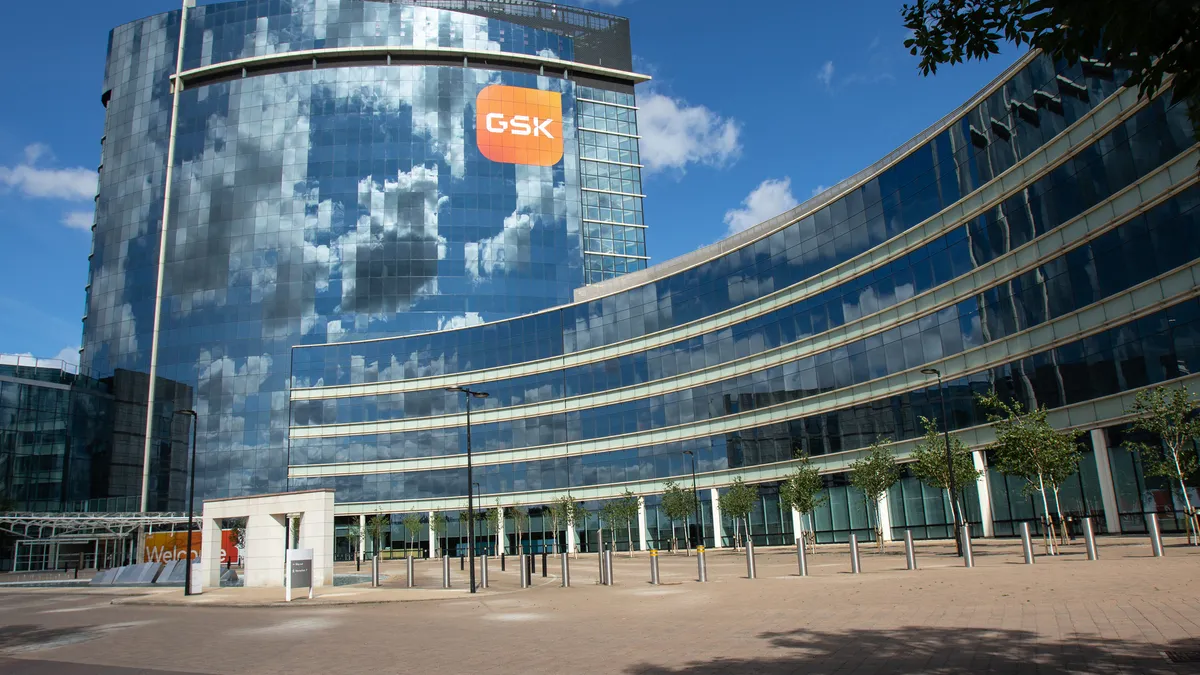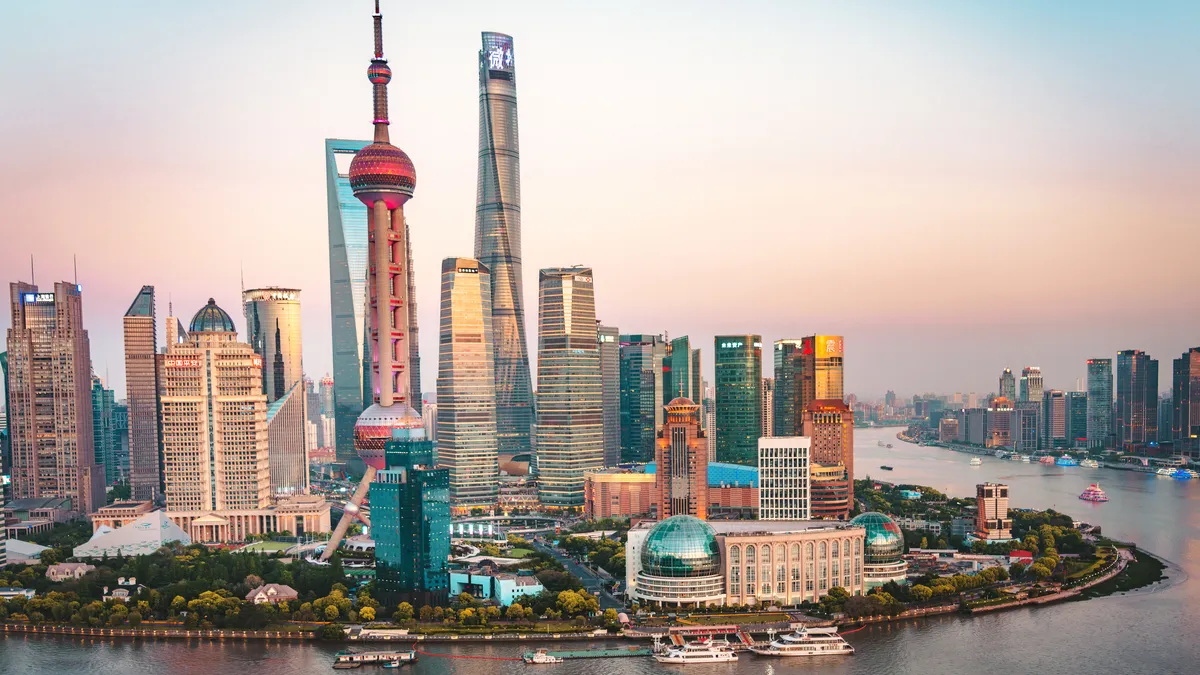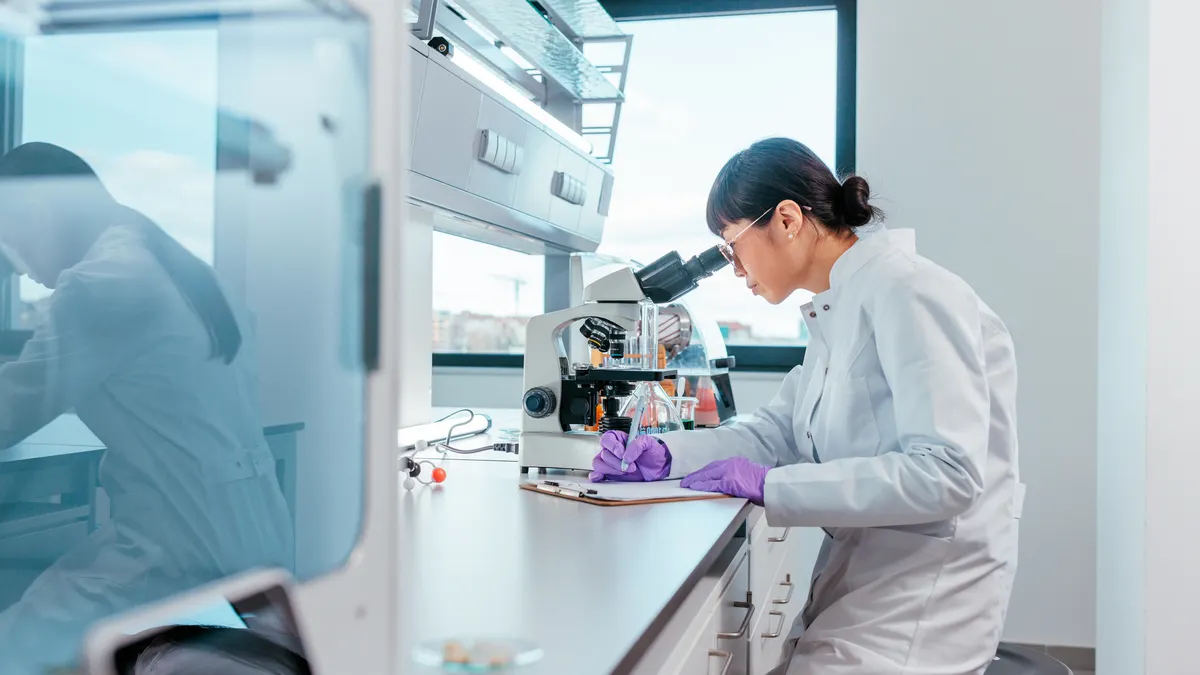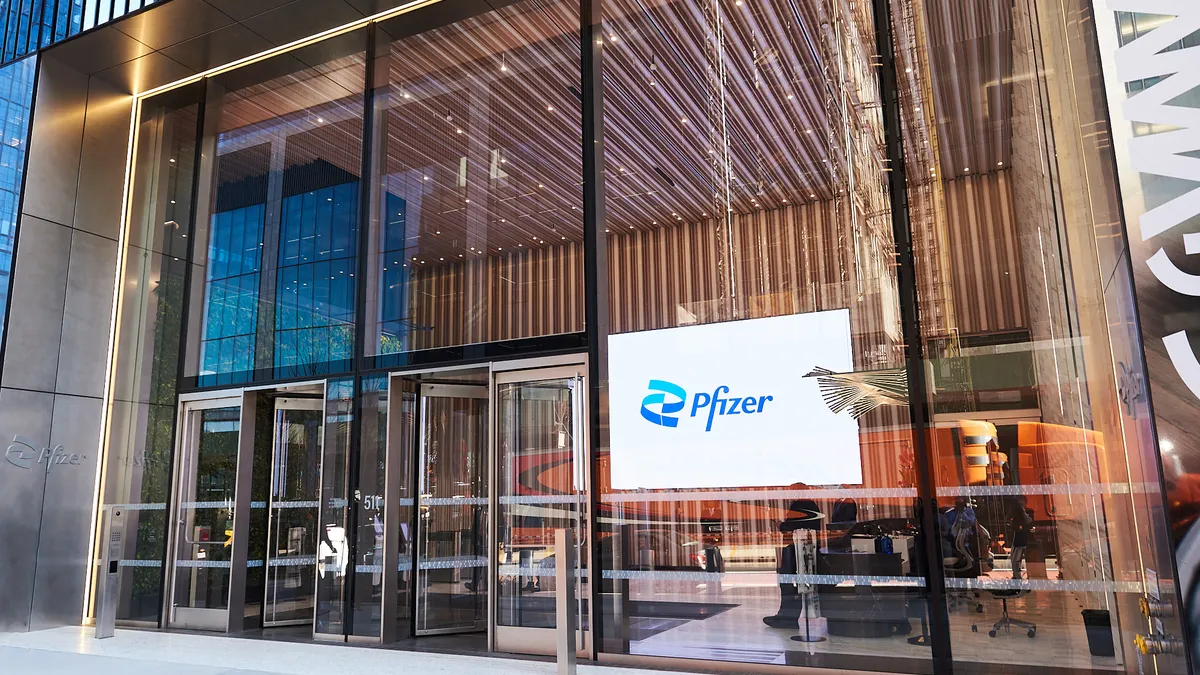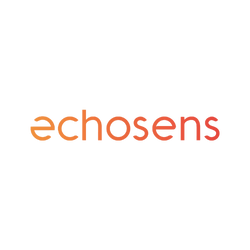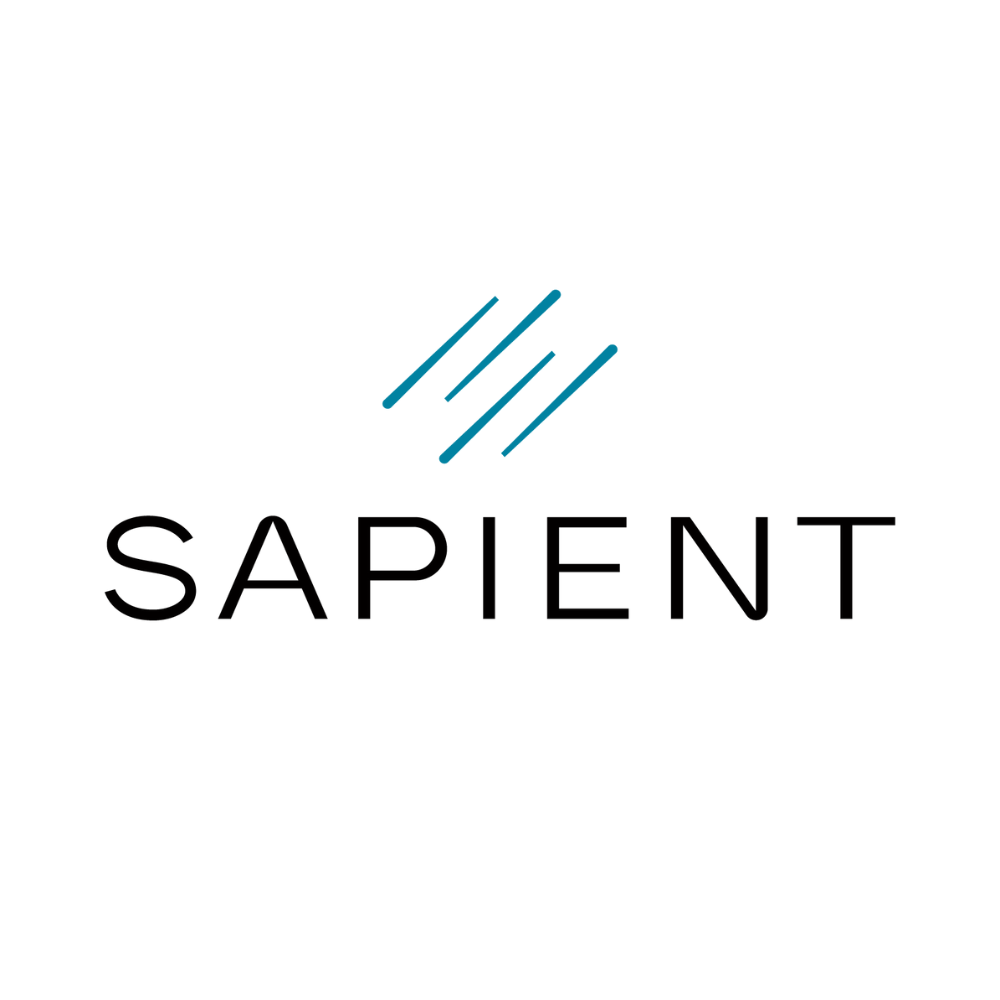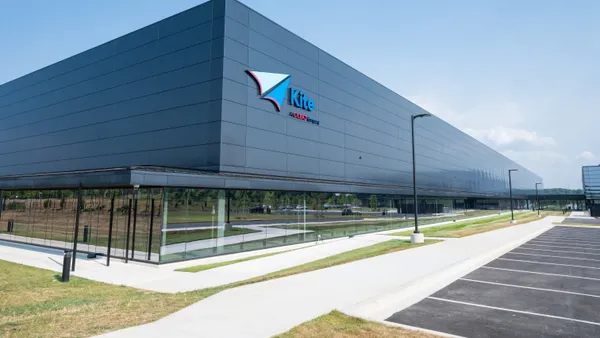GSK is turning to a China-based biotechnology company in search of its next blockbuster medicine, announcing Monday a broad drugmaking alliance with Hengrui Pharma that could be worth billions of dollars.
GSK will pay Hengrui $500 million upfront to start the alliance. In return, it will receive rights outside of the greater China region and Taiwan to an experimental drug for chronic obstructive pulmonary disease as well as the potential to develop up to 11 other therapies for respiratory illnesses, immune disorders or cancer. If a variety of milestones are met, the deal could be worth up to $12 billion, plus royalties, GSK said.
The deal’s initial focus is a drug, HRS-9821, that’s currently in Phase 1 testing. An inhalable medication, it blocks a pair of enzymes called PD3 and PD4, both of which play a role in the chronic lung disease COPD.
PD3 and PD4 are also the targets of Verona Pharma’s Ohtuvayre, which the Food and Drug Administration approved in June 2024 and Merck & Co. acquired in a $10 billion deal this month.
GSK said in a statement that HRS-9821 has shown “best-in-class” potential and could be administered through a dry-powder inhaler formulation. Ohtuvayre, which some analysts expect to top $4 billion in peak sales, is given as a liquid suspension using a nebulizer.
The companies didn’t specify which other drugs might be selected under the deal. Hengrui will lead development through the completion of Phase 1 trials. GSK will have the option to acquire most rights to those programs either at the end of early-stage testing or before.
“This deal reflects our strategic investment in programmes that address validated targets, increasing the likelihood of success, and with the option to advance those assets with the greatest potential for patient impact,” Tony Wood, GSK’s chief scientific officer, said in a statement.
By partnering with Hengrui, GSK extends a trend among pharmaceutical companies to license drugs from China. A report published by the investment bank Jefferies this month found one-third of the drug industry’s licensing deal spending in the first half of 2025 involved China-originated drugs, compared to 21% in 2023 and 2024 and single digits previously.
These deals were once focused on cancer therapies, but now include a wide set of indications, from immune disorders to obesity. Their growth reflects the biotech sector’s fast growth there, and the speed at which companies in China can bring drug prospects into testing. Many are designed as what some analysts have described as “me too better” versions of existing therapies.
Hengrui, one of China’s largest drugmakers by market capitalization, has been a beneficiary. In the last year or so, the firm formed a lucrative partnership with Merck in cardiovascular disease and licensed a portfolio of weight loss drugs to biotech startup Kailera Therapeutics.
Aiolos Bio, which GSK acquired for $1 billion last year, was also built around a respiratory disease drug discovered by Hengrui. A recent Jefferies report noted several other unpartnered medicines in Hengrui’s pipeline that are comparable to drugs either on the market or that have been the focus of other business development deals — among them treatments for pain, cancer and heart disease.
“This strategic collaboration with GSK marks yet another significant milestone in Hengrui’s globalisation journey and our mission to innovate and deliver higher-quality, cutting-edge therapies for patients worldwide,” said Hengrui executive vice president and chief strategy officer Frank Jiang, in the statement.



